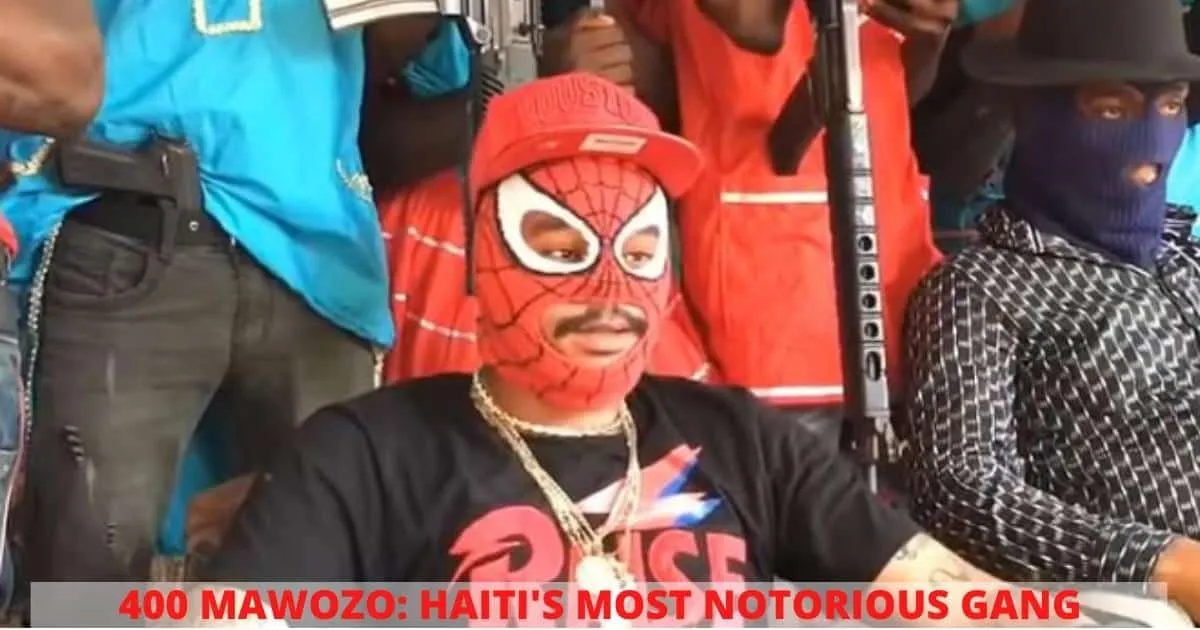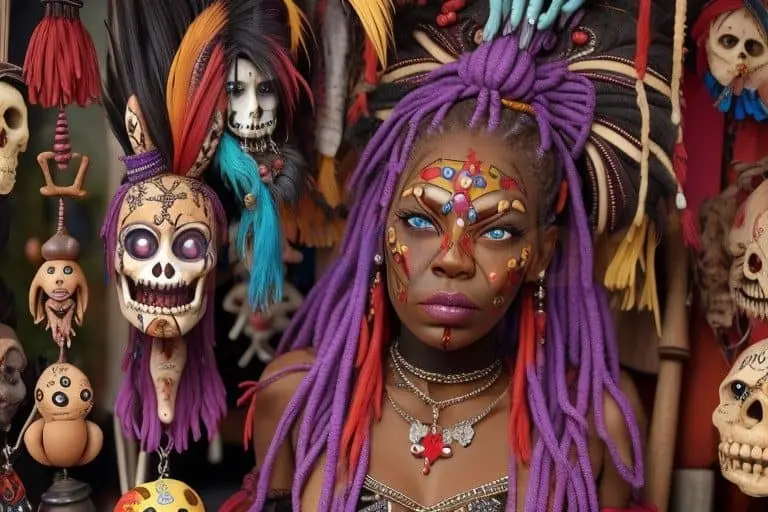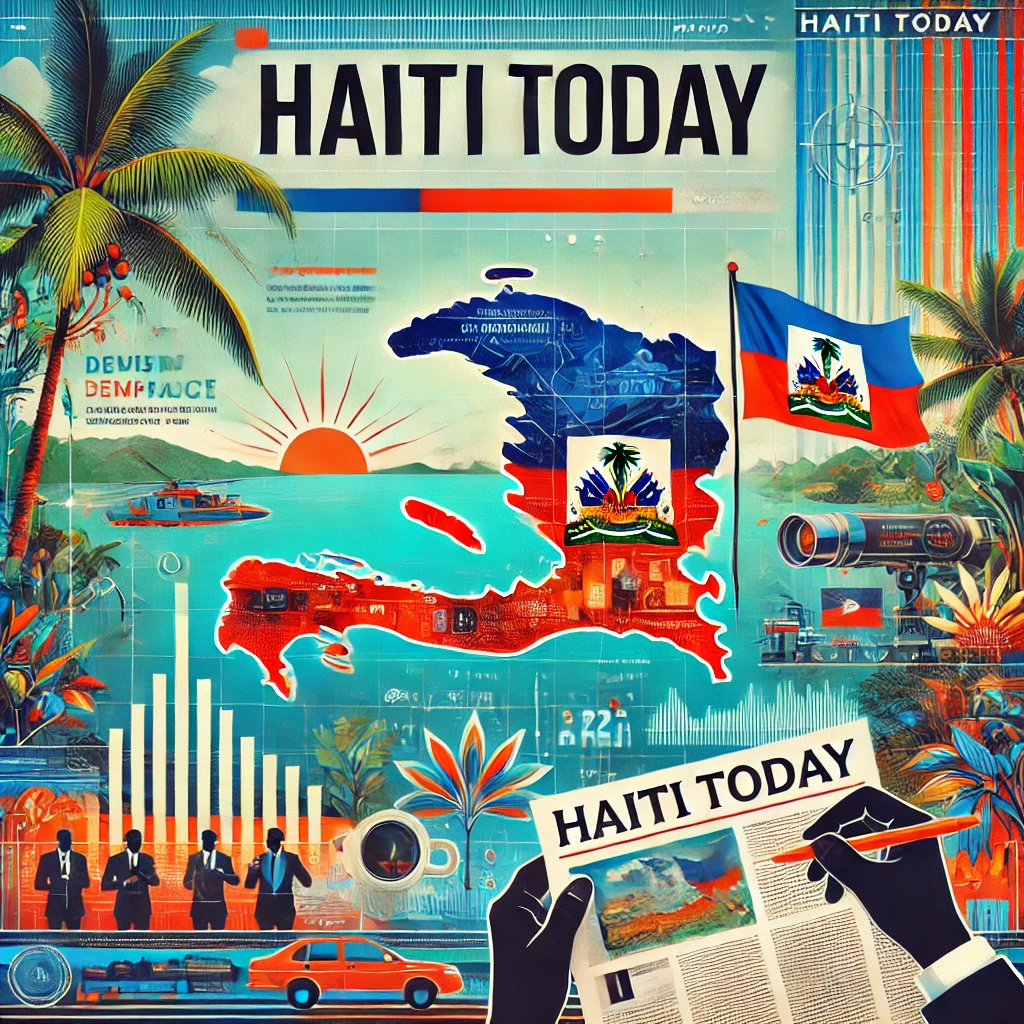In Haiti, freedom of speech faces significant challenges. Journalists and activists encounter threats, violence, and government intervention. This raises doubts about the actual exercise of this fundamental right.
President Jovenel Moïse’s decrees have heightened concerns about the vulnerability of free speech. There are apprehensions of potential future constraints. This situation prompts the critical question: Does Haiti genuinely uphold freedom of speech?
Historical Context of Freedom of Speech in Haiti
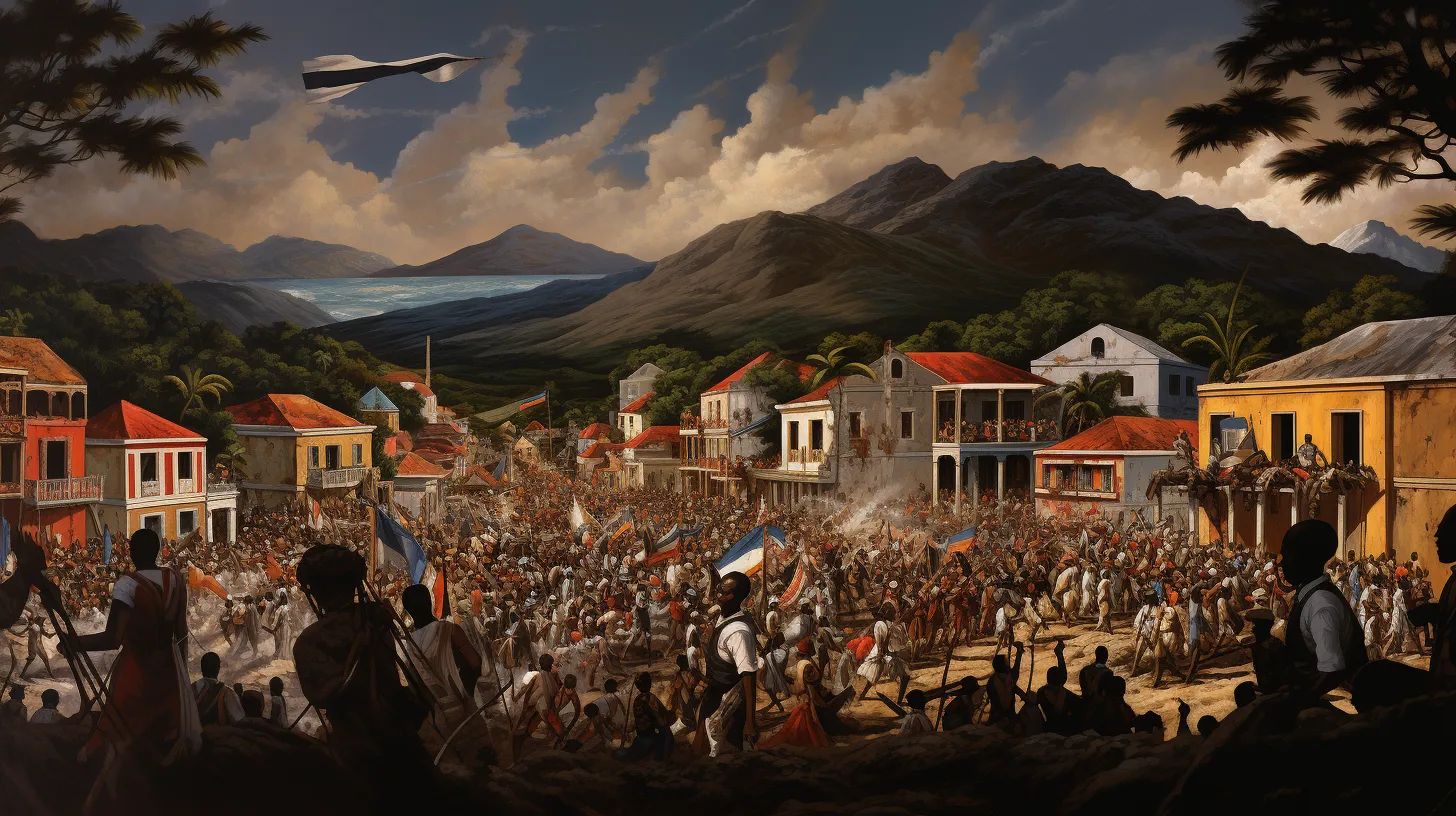
The historical context of freedom of speech in Haiti is shaped by its struggle for independence and the enduring impact of colonization on the rights of its people. Following the Haitian Revolution in 1804, Haiti became the first independent nation in Latin America and the Caribbean. The Constitution guarantees freedom of speech and of the press.
However, the Haitian government, under President Moïse, has faced criticism from human rights groups for its handling of political protests and press freedom. The country’s history of colonization and subsequent political instability has had a lasting impact on the exercise of freedom of speech.
Despite constitutional guarantees, challenges persist in ensuring the full realization of this fundamental right in Haiti.
Current Challenges in Upholding Freedom of Speech
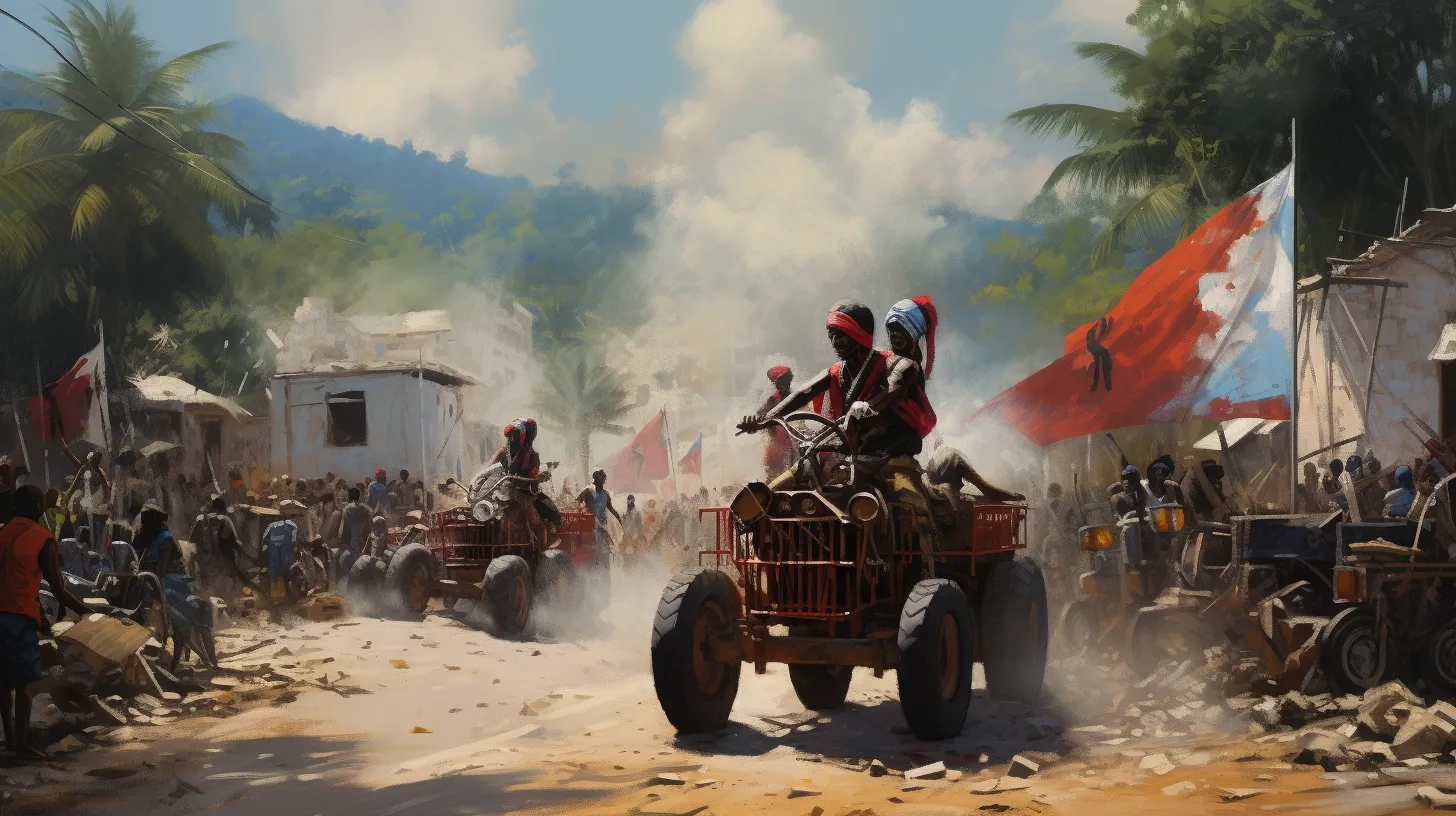
Facing ongoing repression and political instability, upholding freedom of speech in Haiti remains a significant challenge. President Jovenel Moïse’s prohibition on sharing COVID-19 victim photos or videos raised concerns about free speech restrictions. The government’s corruption, instability, and security threats hinder its ability to provide basic services and carry out policies, impacting freedom of speech.
Violence and repression by the government limit political activity and threaten opposition party leaders, constraining freedom of speech and assembly. The ruling PHTK’s consolidation of power through alliances with smaller parties and illegal funding sources influences political outcomes, potentially impacting freedom of speech.
Additionally, the susceptibility of the judiciary to pressure from the executive and legislative branches raises concerns about its independence and integrity, further impacting freedom of speech. These challenges pose significant barriers to upholding freedom of speech in Haiti.
Legal Framework for Freedom of Speech in Haiti

Amid ongoing repression and political instability, Haiti has struggled to establish a robust legal framework for freedom of speech.
The Haitian Constitution guarantees freedom of speech and of the press, but in practice, these rights are often restricted.
The legal framework for freedom of speech in Haiti lacks effective enforcement mechanisms, leading to challenges in protecting political rights and fostering an environment conducive to open expression.
Human rights observers have noted instances of societal discrimination and limitations on independent media, which further hinder the realization of freedom of speech.
Additionally, political instability has affected the functioning of institutions such as the Supreme Court, impacting their ability to safeguard freedom of assembly and expression.
These issues highlight the need for comprehensive legal reforms to strengthen the protection of freedom of speech in Haiti.
Role of Media in Promoting Freedom of Speech
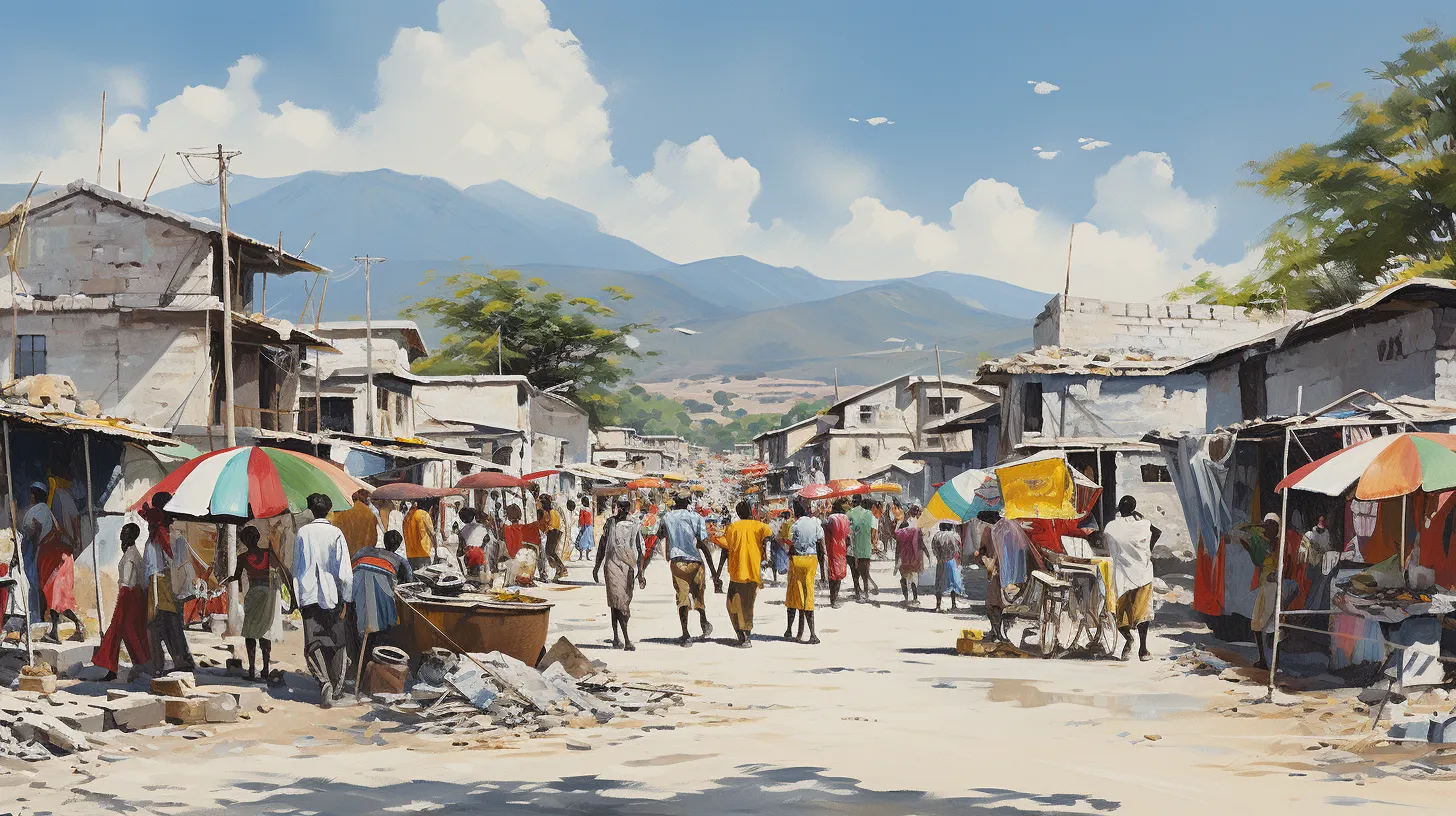
Haiti’s media plays a pivotal role in promoting freedom of speech despite facing numerous challenges and threats. The media serves as a crucial platform for the expression of human rights, political rights, and the exposure of corruption.
However, journalists often encounter violence, bribery, and harassment, leading to self-censorship and a lack of government protection. This restricts the media’s ability to freely report on protests, political allies, and civil society, ultimately inhibiting the promotion of freedom of speech.
The frequent attacks on journalists, including shootings and physical assaults, create an atmosphere of fear that hampers the media’s role in upholding freedom of speech. Moreover, the government’s interference and restrictions, such as decrees limiting the sharing of information on public health issues, further limit the media’s capacity to promote free expression.
International Perspectives on Haiti’s Freedom of Speech
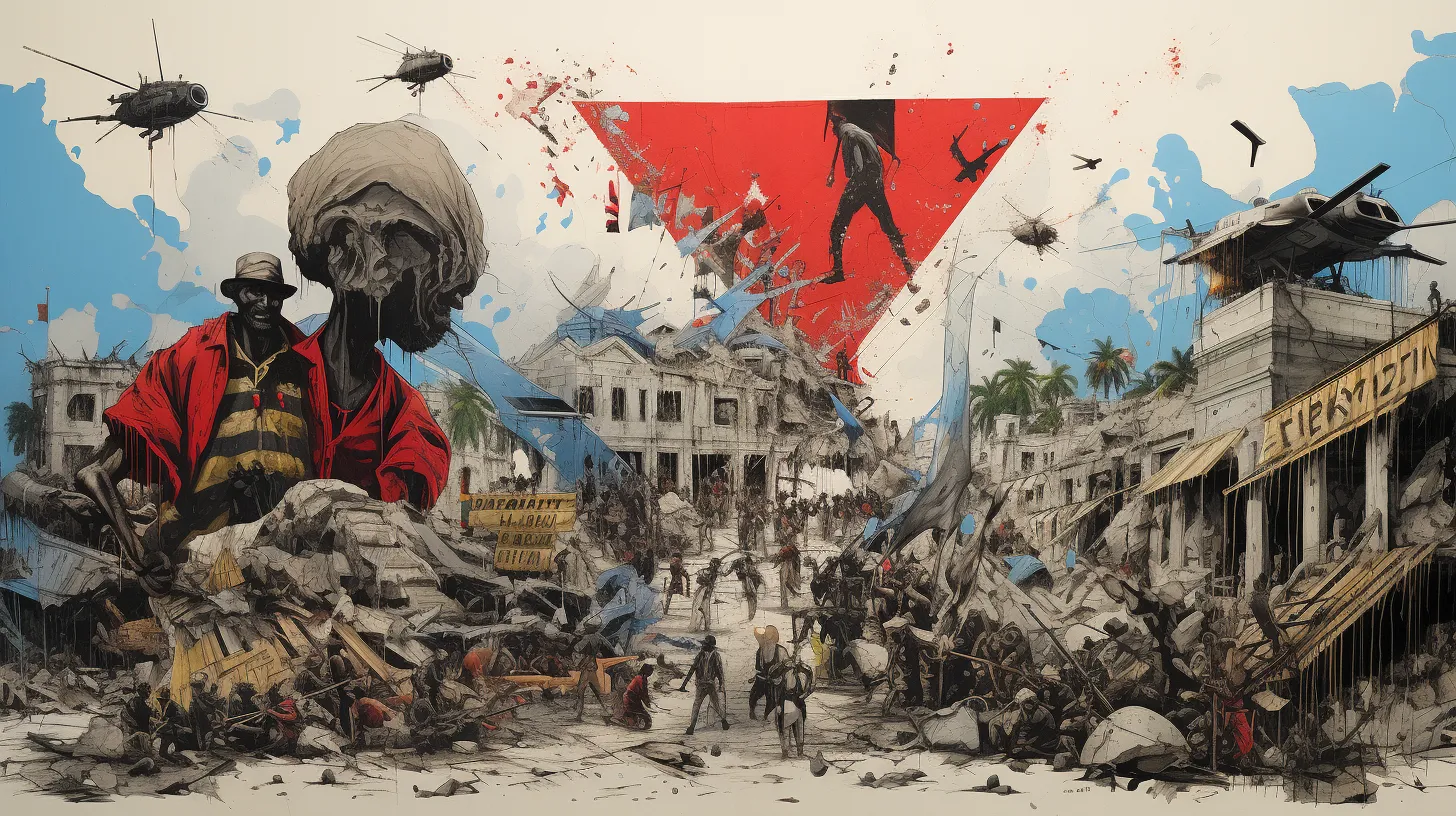
International organizations, such as the United Nations and Amnesty International, have expressed concerns about the limitations on freedom of speech in Haiti. They cite ongoing threats to journalists, government interference, and restrictions on information sharing.
The United States has also raised concerns about political instability and the impact on human rights and free speech in Haiti.
These international perspectives highlight the need for the Haitian government to address the challenges facing freedom of speech.
Additionally, international actors have emphasized the importance of protecting the rights of journalists, human rights defenders, and activists in Haiti.
The global community plays a crucial role in advocating for the promotion and protection of free speech in Haiti. They urge the government to uphold its international human rights obligations and ensure a conducive environment for the exercise of this fundamental right.

